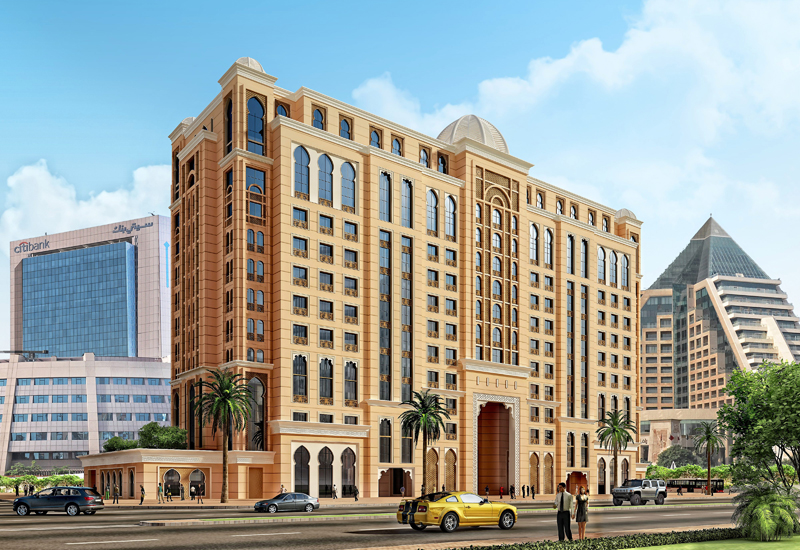And of course, hotels play a major role in Dubai Health Experiences’ strategy. “Hotels also play a major role in revitalising Dubai’s medical tourism sector enabling us to provide a truly comprehensive experience to our visitors. There are multiple options that cater to every type of tourist,” Abdulla said.
“Our current hotel partners like Jumeirah Group, Vida Hotels and Resorts, Address Hotels and Resorts are listed on our website where medical tourists can book stay for themselves and their families with special pricings and enjoy a wide range of additional services such as airport pickup and late check-outs for the guests.”
She continued: “As for building long-term collaborations with hospitals, we created DXH Group when we launched DXH in April 2016 with an aim to build strong ties with Dubai’s finest healthcare providers to provide exclusive healthcare packages for medical tourists. Starting with 26 DXH Group members, the DXH Group today embraces 45 of Dubai’s leading healthcare providers from hospitals, specialised clinics to day surgery centres.”
Zulekha Hospital managing director Taher Shams said: “To facilitate a convenient positive experience and their stay needs we have partnered with a range of hotels around our facilities. Moreover, our partnering with government entities such as the DXH Experience and Dubai Corporation for Ambulance Services has always worked to our advantage as it supports our assurances and ensures a seamless experience.”
But the process to join DXH is strict, and rightly so. According to Abdulla, healthcare facilities have to go through a selection process which involves meeting rigorous requirements and standards, along with on-site inspections and ongoing reviews from DHA’s Health Regulation Department.
And one of the main reasons why visitors choose a destination for medical procedures is the ease with which insurance and visas are provided.
Abdulla said to Hotelier: “DXH offers a three-month medical tourism visa in cooperation with the General Directorate of Residency and Foreigners Affairs. This visa is renewable for 90 extra days if necessary, and can be easily issued by the healthcare facility only after the presentation of the patient’s medical report.”
Dubai, however, isn’t the only emirate promoting medical tourism. HotelierMiddleEast.com previously reported that RAK Hospital partnered with Ethiopian Airlines to facilitate medical tourism from Africa, with packages including treatments, visas, hotels and ground arrangements. The package includes medical treatments, visa arrangements, airport transfers, travel guide, spa services at the hospital premises and hotel stay, among other services.
RAK Hospital executive director and Arabian Healthcare Group CEO Raza Siddiqui said in August 2016: “This is a big service to the medical tourists from African countries besides giving a boost to the UAE healthcare sector. The arrangement not only eases medical tourism between the two countries but also takes an important burden off the patient’s mind who may not want to deal with mundane travel details. Such tie-ups with airlines also ensure that the packages remain cost-effective for the patients with very little effort on their part.”
While it remains to be seen how exactly the region’s medical tourism industry will develop in the coming years, one thing is certain: the UAE in particular is well placed to significantly expand.
Dubai, for example, already has more than 35,000 health specialists in over 3,000 facilities — a number which is expected to cross 40,000 specialists across 4,000 facilities by 2020.
DHA, on its part, plans to build 18 new public and four new private hospitals, creating a wide pool of new facilities which can — and likely will — cater to medical tourists from abroad.
As we were going to print, the Health Authority — Abu Dhabi (HAAD) and Abu Dhabi Tourism & Culture Authority (TCA Abu Dhabi) signed an agreement to establish a medical tourism network for international patients travelling to Abu Dhabi for healthcare and treatment services. Through this agreement, an integrated and comprehensive network of best-in-class service providers for international patients seeking specialised medical treatment and expertise in Abu Dhabi will be developed, with integrated operational standards that work in tandem with the Ministry of Interior’s unified visa system.

| Advertisement |





